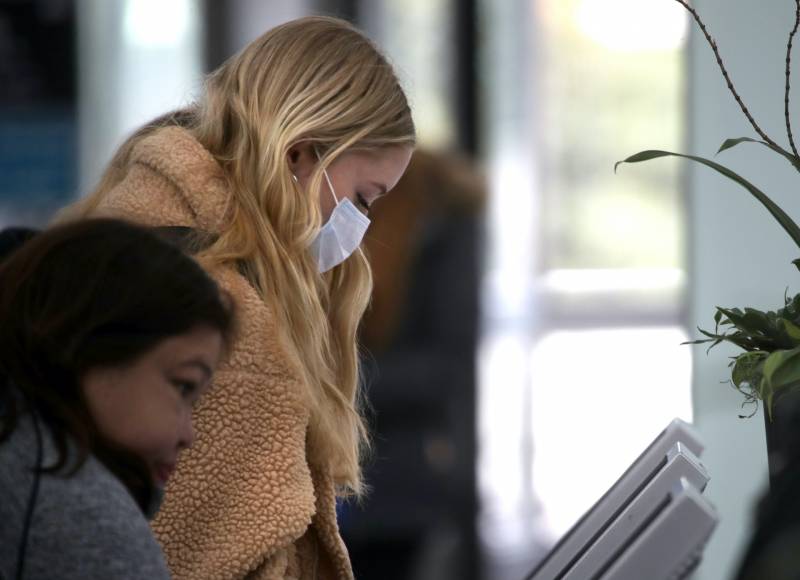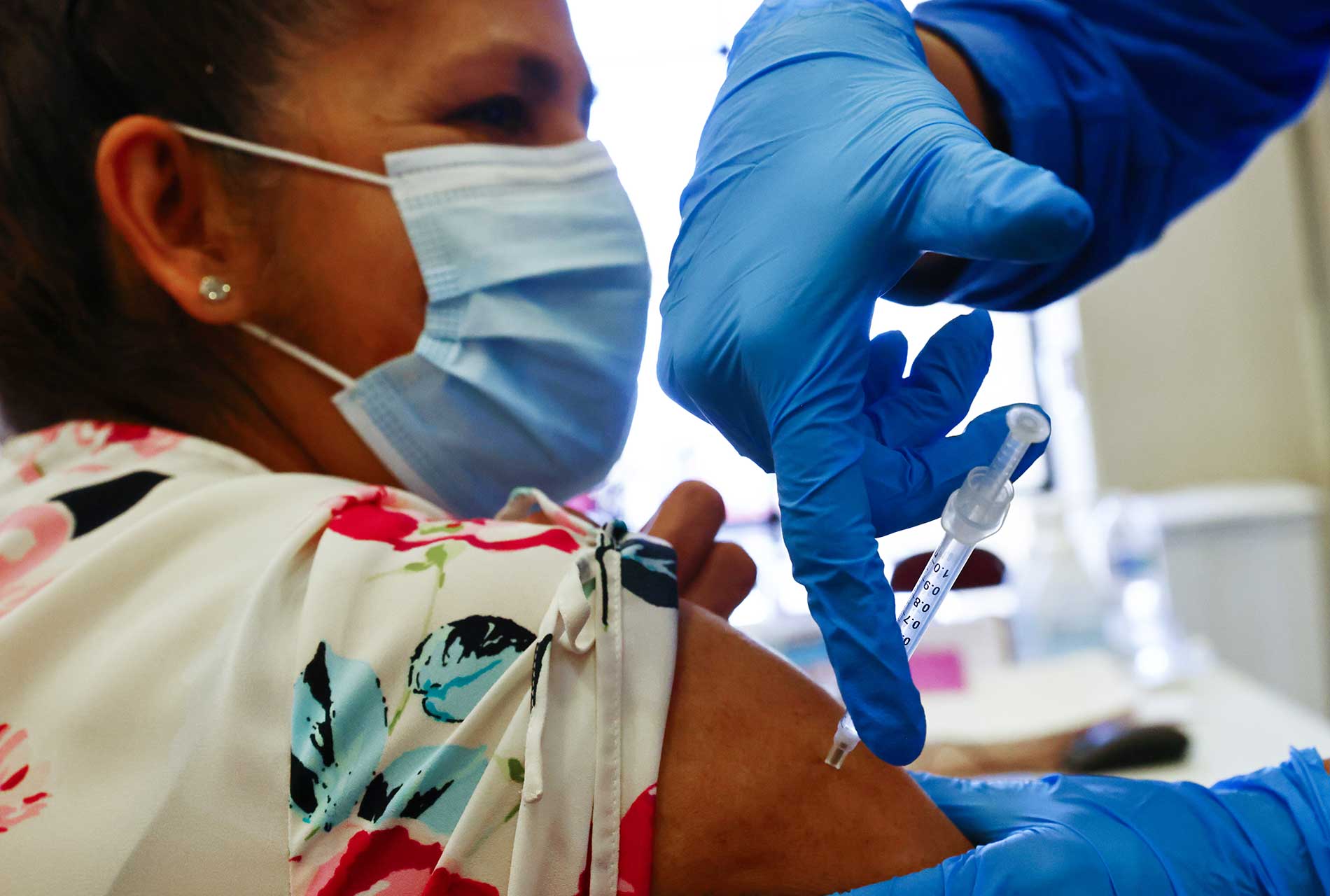Skip to:
- What will COVID-19 vaccine passports look like?
- Could I need a COVID-19 vaccine passport to travel?
- The ethics and privacy concerns around vaccine passports
As more people receive the COVID-19 vaccine in the United States, excitement is growing for the return to activities such as attending sporting events, watching a movie in a theater, dining in at restaurants and even getting on a plane for that long-delayed trip.
On April 2, the Centers for Disease Control and Prevention (CDC) updated its travel guidelines to allow for fully vaccinated individuals to travel within the U.S. without getting tested for the coronavirus and without needing to quarantine afterward.
Yet there’s still the question of how people can return to all these activities safely and without posing a risk to vulnerable populations. There’s one idea that's gaining traction, especially in the travel industry — vaccine passports.
Essentially, these are official documents that prove a person has been fully vaccinated, and therefore poses less of a risk to others. And vaccine passports are not just being discussed within the travel industry, but also for many types of businesses where people gather. You might have seen them in the news most recently for the fact that Texas Gov. Greg Abbott has issued a ban on vaccine passports in the state, followed by a similar ban from Gov. Ron DeSantis in Florida.
But what is a vaccine passport? What would it look like, and where might you need it? Would you need a vaccine passport to travel? How might vaccine passports interact with privacy considerations, like HIPAA — the federal law that restricts the release of medical information — and what ethical questions could they raise in how they'll potentially affect marginalized communities?
KQED Forum talked with the following experts about the pros and cons of vaccine passports:
- Monica Gandhi, infectious disease expert and professor of medicine at UCSF
- David Studdert, professor of medicine and law, Stanford University
- Catharine Hamm, former travel editor at the Los Angeles Times
- Alexis Hancock, staff technologist, Electronic Frontier Foundation
What Is a Vaccine Passport?
The term “vaccine passports” is currently used very loosely — and it’s unclear what they would actually look like in the U.S., said David Studdert, professor of medicine and law at Stanford University.
“It’s really a form of certification that says the bearer of this thing has completed vaccinations,” Studdert said. He added that passports will likely be in electronic form: “Like a QR code on your phone. But it could be in paper form, too."



